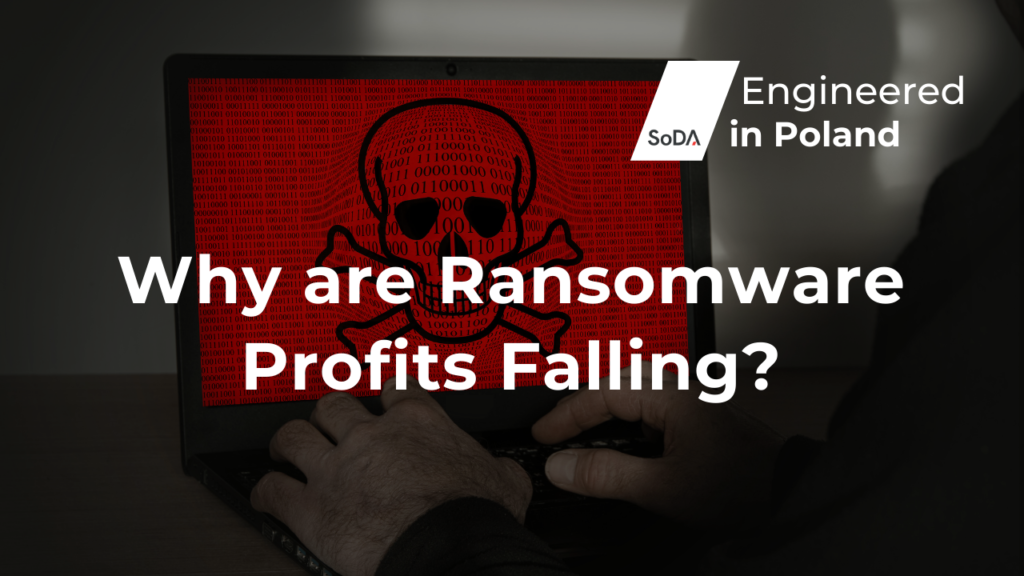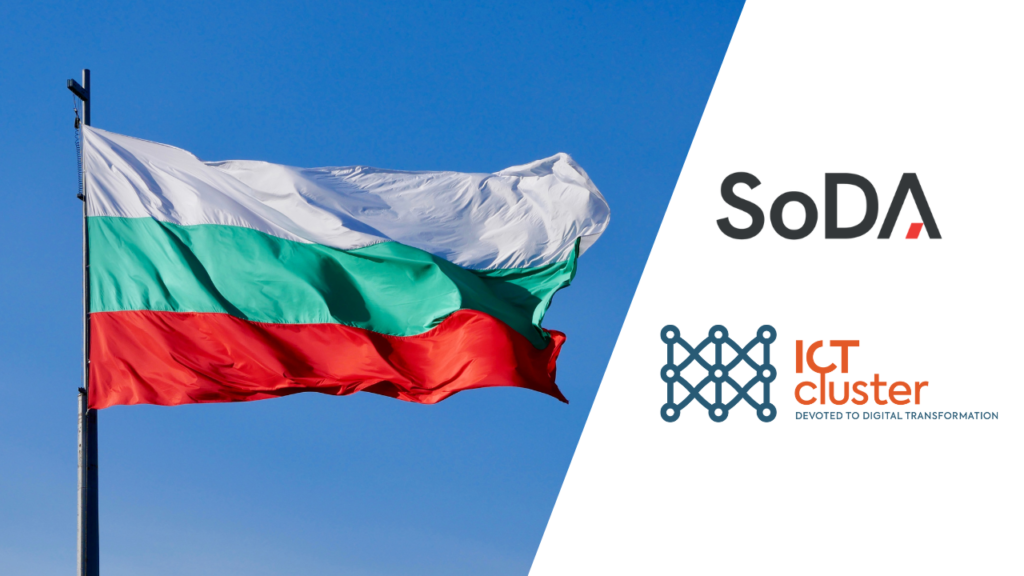Creation of a legal and tax system that could constitute a Virtual Economic Zone for the IT/high-tech sector (such as the High-Tech Park in Belarus or Diya City in Ukraine). These include:
- Introduction of a number of PIT and CIT tax exemptions aimed at supporting Polish entrepreneurs, especially those who bear the costs of research, development and innovation works, also in the IT sector.
- The current, new exemptions introduced under the Polish Deal are addressed only to taxpayers producing physical products or purchasing certain devices, completely ignoring solutions in the form of software/computer program (tax exemption for a prototype, tax exemption for robotization, tax exemption for expansion);
- Estonian CIT – we would urge to consider resigning from the requirements regarding the ownership structure of entities eligible for the lump sum limited only to natural persons. In practice, we observe a situation in which economic entities from the IT services sector, characterized by high growth dynamics, decide to attract an external investor, whether institutional or industry, who is interested in taking up shares.
- The goal of most entrepreneurs in the IT sector now and in the future is to develop and reinvest the funds obtained. This goal fully corresponds to the assumptions of the Estonian CIT. Extending the possibility of using this preference also by companies with institutional investors (and not only natural persons) could provide a very important additional pro-development impulse. It would also make the form of income tax settlements more attractive, as in its current shape it is hardly used both by IT companies and other companies.


